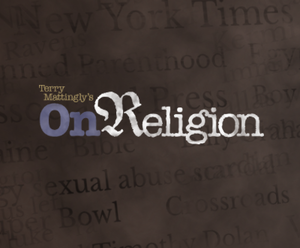Pope Francis is no fan of press criticism — especially when it comes from Roman Catholic news outlets on the doctrinal right.
So here we go again, with another round of tensions in the growing world of Catholic media.
The 84-year-old Argentinian-born pontiff was caught in a candid moment during his recent trip to Slovakia when he was asked about his health after a recent operation.
“Still alive,” the pope replied, “even though some people wanted me to die.”
The shocking statement came in a meeting the pope had with 53 Jesuits from Slovakia on Sept. 12 in Bratislava. Antonio Spadaro, a priest and editor-in-chief of the Rome-based Jesuit magazine La Civiltà Cattolica, was present at the meeting and on Sept. 21 published the full transcript of the conversation.
The comments immediately sparked a Catholic media war that again highlighted how polarized Catholics have become during Francis’ papacy, as have the official and independent church media that a large swarth of parishioners choose to read.
Asked by another Jesuit at the same gathering how he felt by those who view him with suspicion, Francis replied:
There is, for example, a large Catholic television channel that has no hesitation in continually speaking ill of the pope. I personally deserve attacks and insults because I am a sinner, but the church does not deserve them. They are the work of the devil. I have also said this to some of them.
The TV channel to which he referred is EWTN, according to the National Catholic Reporter.
The Eternal World Television Network was founded in 1980 by a nun named Mother Angelica and began broadcasting a year later from a garage at the Our Lady of the Angels Monastery in Irondale, Alabama. Since then, it has grown to become one of the largest and most influential Catholic news organizations in North America and around the world.










